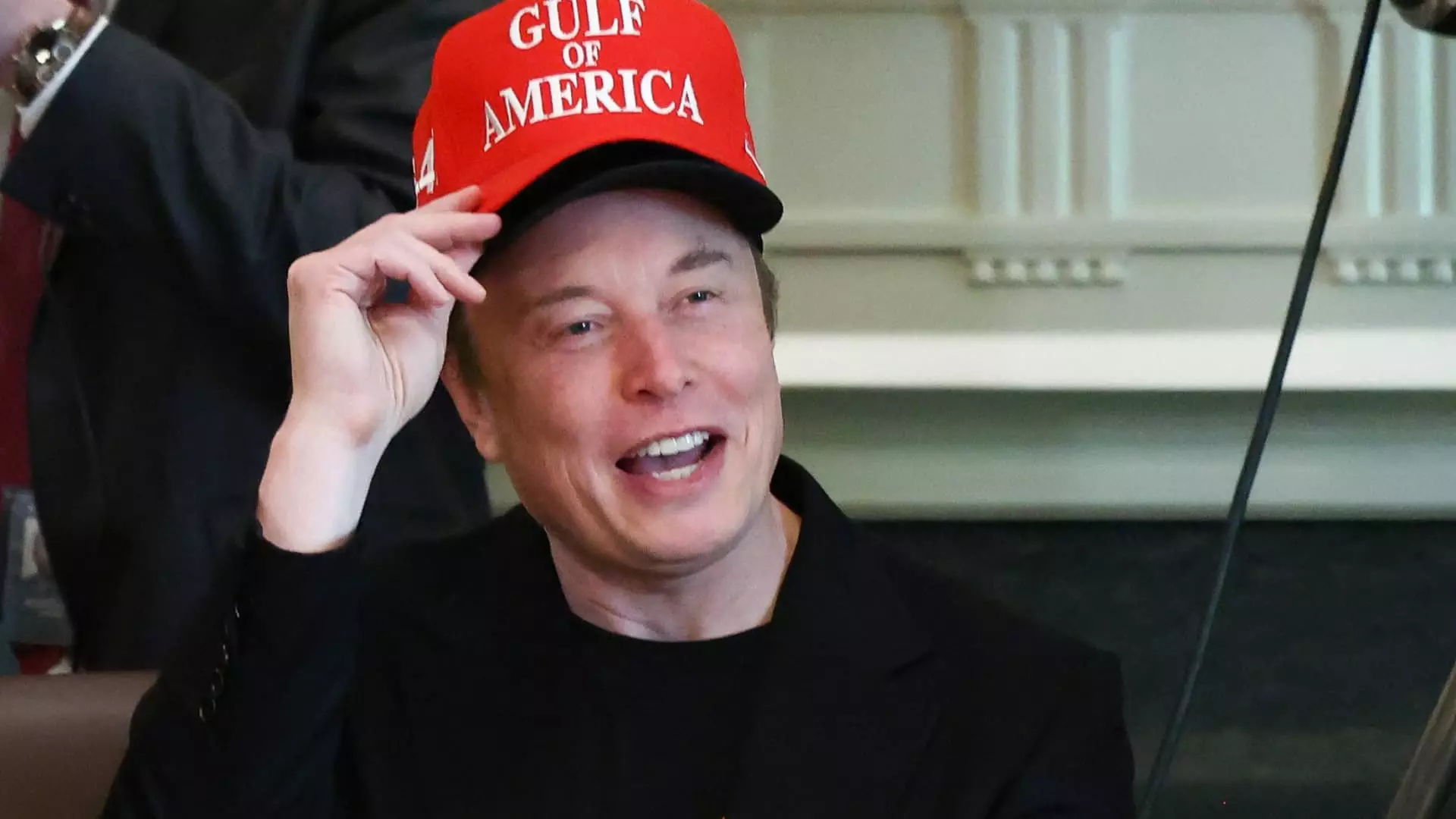Elon Musk’s foray into government during President Donald Trump’s administration marked an unprecedented effort to instigate change within the federal machinery. As the head of the Department of Government Efficiency (DOGE), Musk positioned himself as a visionary, hellbent on slashing unnecessary expenditure and reinvigorating a stagnant bureaucracy. His tenure, while brief at just 130 days, highlighted a radical rethinking of government operations—transformative ideas that could have potentially reshaped public service. Indeed, Musk’s departure raises critical questions about whether for-profit innovators can truly effect change in a vastly different realm.
The Risks of a Dual Role
However promising Musk’s initiatives may have seemed, the implications of his unconventional dual role as a business magnate while serving in government proved burdensome. Running a department in charge of cutting costs while simultaneously presiding over trillion-dollar corporations—Tesla, SpaceX, and xAI—created an inherent conflict of interest. This duality wasn’t merely a coincidence; it raised eyebrows regarding the ethical frameworks governing such an alliance. When one of the world’s richest individuals wields influence over both the public and private sector, accountability becomes murky, and public trust can wane. How can the public be assured that public interest won’t be overshadowed by private gain?
Contentious Critiques and Legislative Battles
In a recent CBS interview, Musk voiced concerns about potential legislation he believes could undermine the very essence of the objectives DOGE had set out to achieve. This clash of ideals spotlights a fundamental tension at the heart of governance; namely, the struggle between innovative disruption and the slow crawl of legislative progress. The spending bill currently under congressional scrutiny represents not just an economic factor but a philosophical struggle over the direction of government funding priorities. Musk’s criticisms, while relatable for those entrenched in the business world, may simply overlook the complexities of public policy that often require more than radical efficiency objectives.
Legal Entanglements and Repercussions
Musk’s burgeoning legal challenges—stemming from accusations of breaching federal laws governing his dual role in public office—cast a significant overshadowing on his attempts at reform. As activists and legal experts argue, the freedoms Musk enjoyed potentially crossed ethical boundaries, sparking debate over what that means for the integrity of both his ventures and the broader governmental structure. The pension fund leaders’ demands for more rigorous time commitments at Tesla further illustrate the precarious balance he must strike between his corporate responsibilities and public service.
The Way Forward: Balancing Innovation and Governance
As Tesla’s CEO shifts focus back to his enterprises, the lessons learned from his governmental experiment remain relevant and cautionary. The intersection of technology and public governance will only grow more intertwined, demanding leaders who can adeptly navigate both realms without the specter of conflict or controversy. If there’s one takeaway from Musk’s government experience, it’s a reminder of the challenges that lie ahead when innovation meets bureaucracy. Ultimately, striking a balance between efficiency and ethical governance is essential for fostering a future where public service and private enterprise can coexist beneficially.

